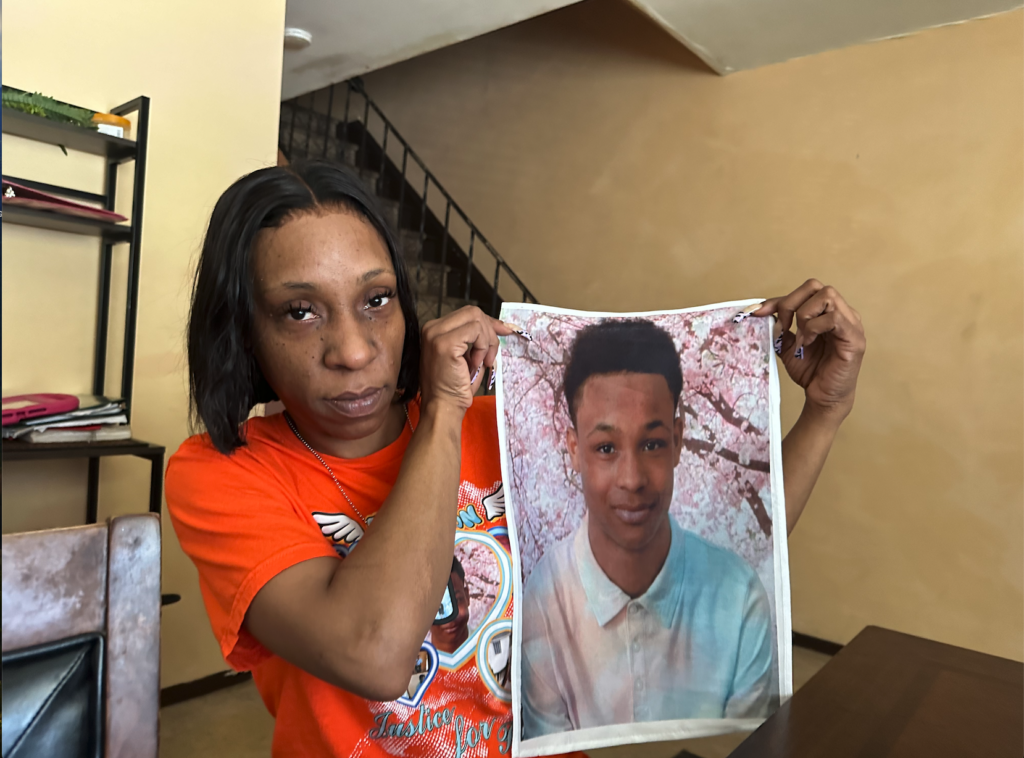Governor signs legislation to strengthen state’s gun laws in wake of recent mass shootings

Gov. Kathy Hochul signed a “landmark legislative package” to strengthen the state’s gun laws following the recent tragedies in Buffalo and Uvalde, Texas when two heavily armed teenagers killed a total of 31 people.
The legislation bans the sale of semiautomatic rifles to anyone under 21 by requiring a license; prohibits the purchase of body armor by anyone not engaged in an eligible profession and strengthens the “red flag” law by expanding the list of people who can file for Extreme Risk Protection Orders and also requiring law enforcement to file ERPOs under a specific set of circumstances. The ERPOs are designed to limit someone’s ability to acquire a firearm when an individual is likely to engage in conduct that would result in serious harm. For example, Riverhead Town police sought ERPOs last week when two high school students were arrested for making threats against the school.
“Gun violence is an disease that is tearing our nation apart,” the governor, a Democrat, said Monday while formally signing the laws at a media event in the Bronx. “Thoughts and prayers won’t fix this, but taking strong action will. In New York, we’re taking bold steps to protect the people of our state.”
In Uvalde, the gunman legally purchased two rifles shortly after turning 18. And an 18-year-old was also responsible for the shooting in Buffalo that targeted Black people in the racist attack. He legally bought the assault weapon used in the shooting at a store, according to media reports.
New York already had some of the more restrictive gun laws in the nation, such as a ban on military-style assault rifles, and the new set of 10 laws come as Republican lawmakers nationally refuse to budge on any legislation related to gun control measures.
The legislation passed the state Assembly and Senate, which both have Democratic majorities, last week. It also includes measures to add “microstamping,” an “ammunition-marking technique that marks bullets and cartridge cases with a unique fingerprint each time a firearm is discharged,” according to the governor’s office. That would, in theory, allow investigators to more easily link bullets and casings found at crime scenes to a specific gun.
Additional measures seek to close loopholes by further refining the definition of a firearm to include weapons that have been modified or shot from an arm brace and to also eliminate the grandfathering of large capacity ammunition feeding devices that were lawfully possessed prior to the Safe Act or manufactured prior to 1994.
Other measures are designed to enhance information sharing among law enforcement agencies, which must report seized or recovered guns to the criminal gun clearinghouse among other databases. Gun dealers would also be required to enact “uniform security and reporting standards.”
Ms. Hochul on Monday began her remarks by saying she was speaking as the governor of a “state in mourning and the citizen of a nation in crisis.”
“Over the past few weeks we have been overcome by grief, by heartache, by anger,” she said, referencing the 10 New Yorkers killed in her hometown of Buffalo last month at a supermarket and then the children and teachers killed in Texas.
“It just keeps happening,” she said. “Shots ring out, flags come down and nothing ever changes. Except here in New York.”
Mr. Hochul noted that gun violence is now the No. 1 killer of children in America, citing recent research reported in New England Journal of Medicine. Firearm-related injuries had been second to motor vehicle crashes until the gap began to close starting in 2016. “From 2019 to 2020, the relative increase in the rate of firearm-related deaths of all types (suicide, homicide, unintentional and undetermined) among children and adolescents was 29.5% — more than twice as high as the relative increase in the general population,” the authors of the study wrote in April.
President Joe Biden, in a speech last week, urged Congress to ban assault weapons and high capacity magazines or at least raise the age to purchase those weapons from 18 to 21.
“We should reinstate the assault weapons ban on high capacity magazines that we passed in 1994 with bipartisan support in Congress and the support of law enforcement,” he said.
That ban expired after 10 years.








